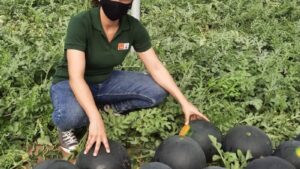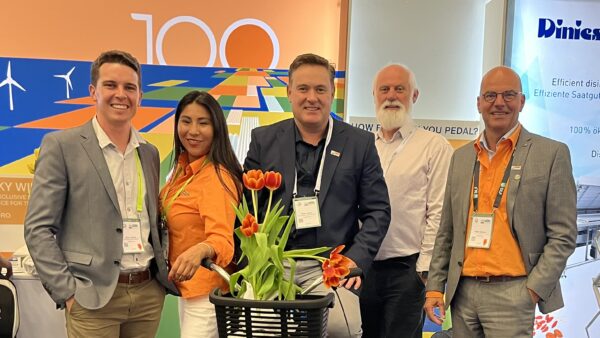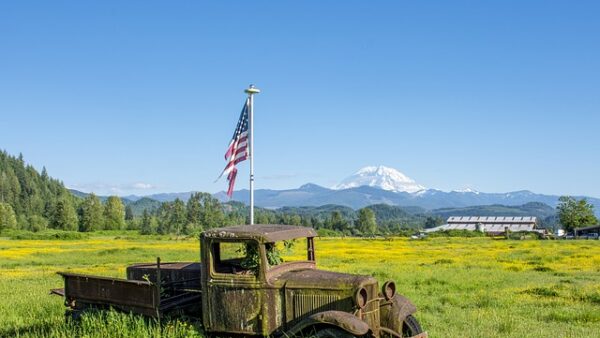In this issue of European Seed, we would like to put the spotlight on the European seed companies that are working hard and making great efforts to mitigate climate change.
To get a better picture of what European seed companies are doing to mitigate climate change, we asked all national seed associations in Europe, and many other peers in the European seed sector, to send us their nominations of companies that are embodying that effort.
Read about companies 1-5 here.
Read about companies 6-10 here.
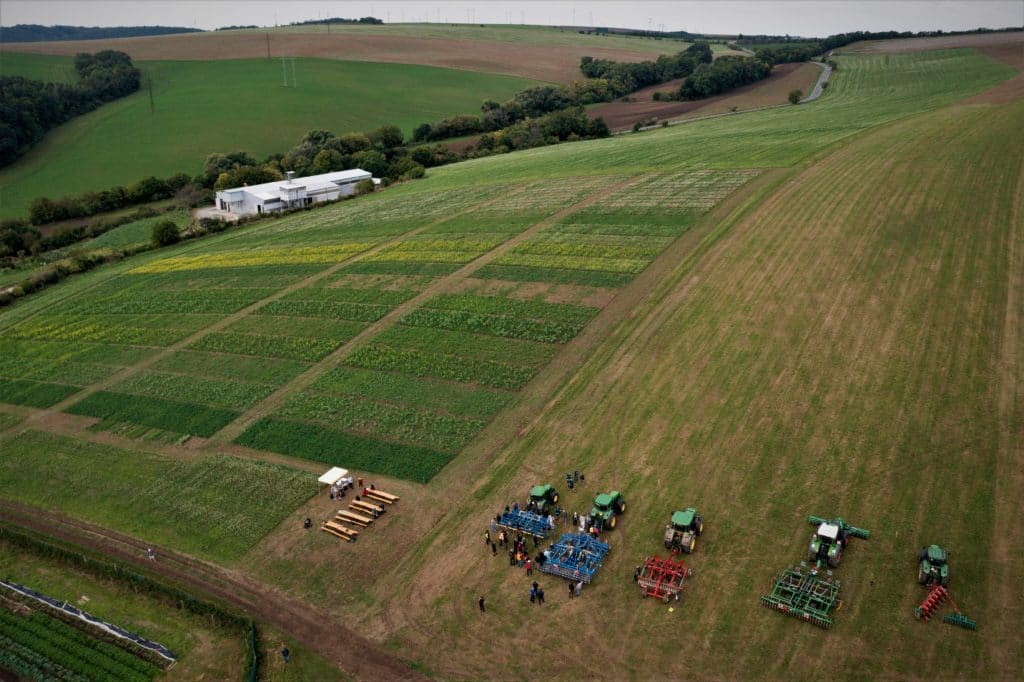
30 Years of Sustainable Farming
PROBIO obchodní spoleƒçnost s r.o., Czechia
PROBIO started applying the core principles of Green Deal almost 30 years ago through cooperation with local farmers, focusing on local resources and selection of resilient crop varieties. The company has been producing and selling only organic seed and was literally pioneering in the Farm to Fork strategy. Since 1998, PROBIO is cooperating with the genetic resource bank at the Crop Research Institute in Prague. The main goal of this cooperation is to determine the genetic resources suitable for organic farming, i.e., naturally selected lines with low inputs need. The first crop was winter wheat variety RUBIOTA, followed by emmer wheat RUDICO and TAPIRUZ, spring wheat with purple coloration RUFIA, sorghum RUZROK, and einkorn RUMONA. The company’s farm is involved in the national network of demonstrational farms. The main goal is to demonstrate to the attendees that organic farming is a vital farming approach that is sustainable and profitable at the same time. The farm drills variety plots for visitors, who can visit the plots for checking and evaluation of different varieties.
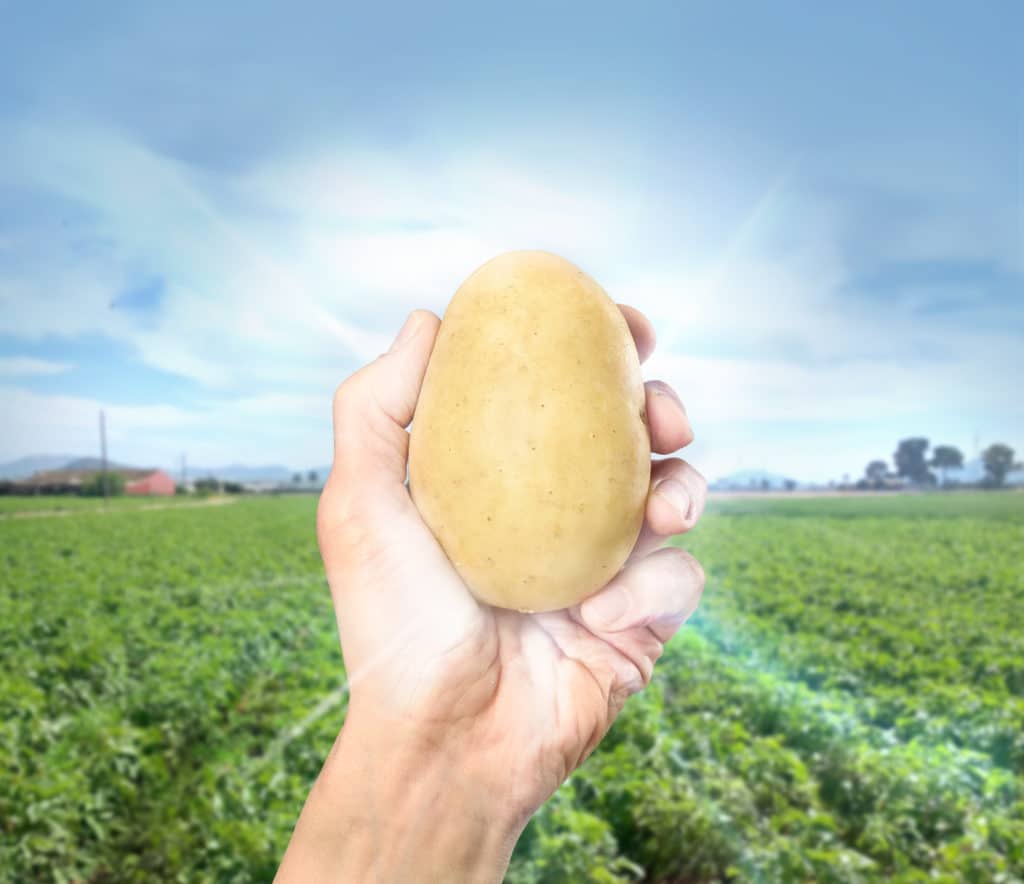
Potato Variety Acoustic
Meijer Potato, The Netherlands
Meijer Potato is focused on breeding robust potato varieties that: a) easily produce a high marketable yield in a variety of soil types and climates, efficiently using natural resources (growing potatoes locally, means less transport and CO2 emission); b) are water efficient (salt tolerant varieties use scarce water more efficiently); c) require a low input of crop protection agents and fertilizer and can be grown with respect for nature, and d) can be stored for a long time, using scarce agricultural land and other natural resources more efficiently. One example of such a robust variety is Acoustic, which produces a high marketable yield in different climates & soil types. Being late blight resistant, it’s suitable for both conventional and organic cultivation. Needing less pesticides and nitrogen, this variety can be grown with respect for nature. Acoustic meets the Green Deal requirements for late blight resistance as well as for fertilizer input. This variety needs at least 25 per cent less nitrogen than a standard variety.
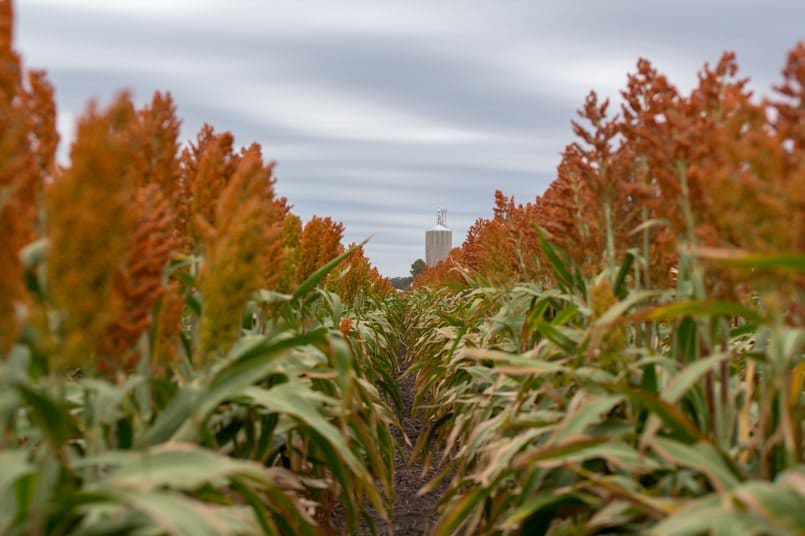
IGROWTH Technology in Sorghum
Alta Seeds, Romania
In Europe, Alta Seeds has introduced a wide portfolio of various forage and grain sorghum. The essential Advanta’s sorghum technology to reduce environmental impact is the IGROWTH technology, which consists of a tolerance of sorghum plants to herbicides from the imidazoline family. It is a non-GM weed control system that allows for clean fields and minimizes competition for water and nutrients. For farmers it means better crop production, improved harvested grain purity, and reduced resources cost.
The environmental benefits of igrowth™ sorghum varieties include:
• Efficient water use. More efficient extraction and use of water and nutrients from the soil, compared to other crops, thanks to its CO2 absorption mechanism and complex root system
• Limited fertilization, Efficient use of fertilizers from the soil, requiring no additional fertilization.
• Improved soil health, Increase of organic matter, recycling of nutrients, capture, and retaining of moisture and reduction of soil erosion.
• Reduced carbon footprint — Sorghum no-tillage practices and nitrogen use efficiency help to reduce the carbon footprint.
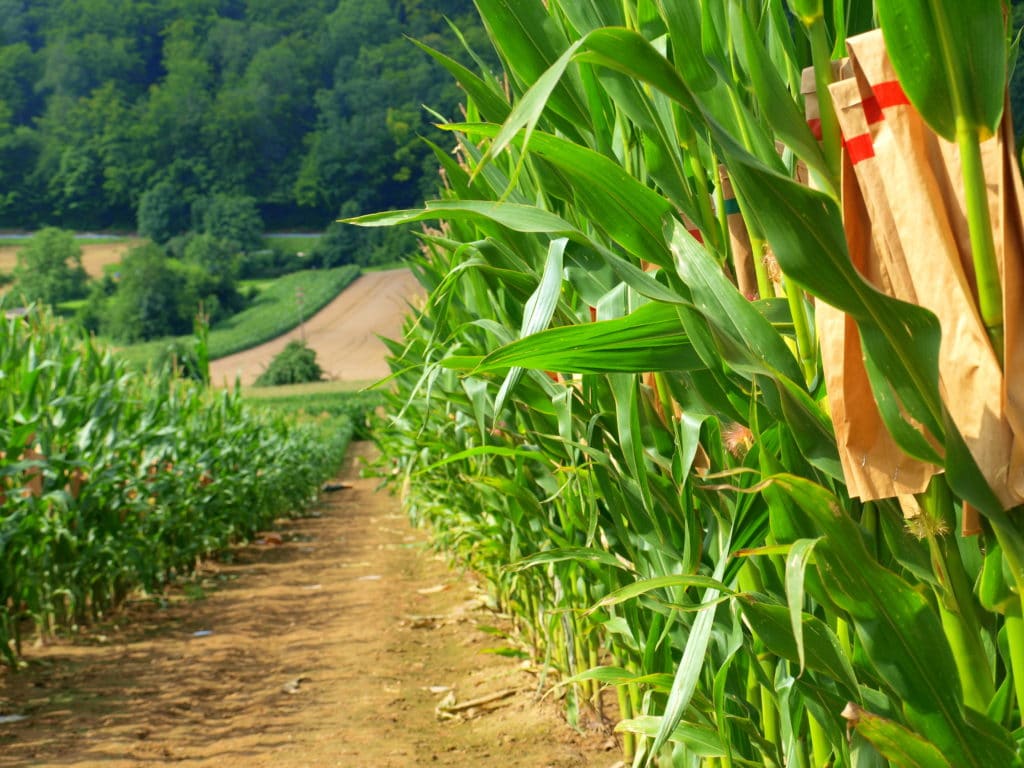
Make Farming More Sustainable
MAS Seeds, France
MAS Seeds has reviewed and re-written its breeding objectives over the past few years and added “Make farming more sustainable” to the top of its breeding strategy. To this day they have selected and launched a portfolio of varieties that support a more sustainable agriculture: such as ‘WATERLOCK’ grain corn varieties that have a higher resilience against drought and improved water use efficiency; ‘GREEN+’ silage corn varieties which stay longer green even under drought conditions at the end of the vegetation cycle and ‘HELIOSMART’ sunflower varieties which are selected for their genetic ability to resist against the three main diseases combined: mildew, sclerotinia and verticillium. MAS Seeds has also a unique tropical germplasm, that allows them to improve its temperate corn with drought tolerance through working on traits such as stomatal closure and evapotranspiration efficiency. The company has recognized today’s climate challenges and is ready to tackle them not only because it is demanded but because they deeply believe in it.
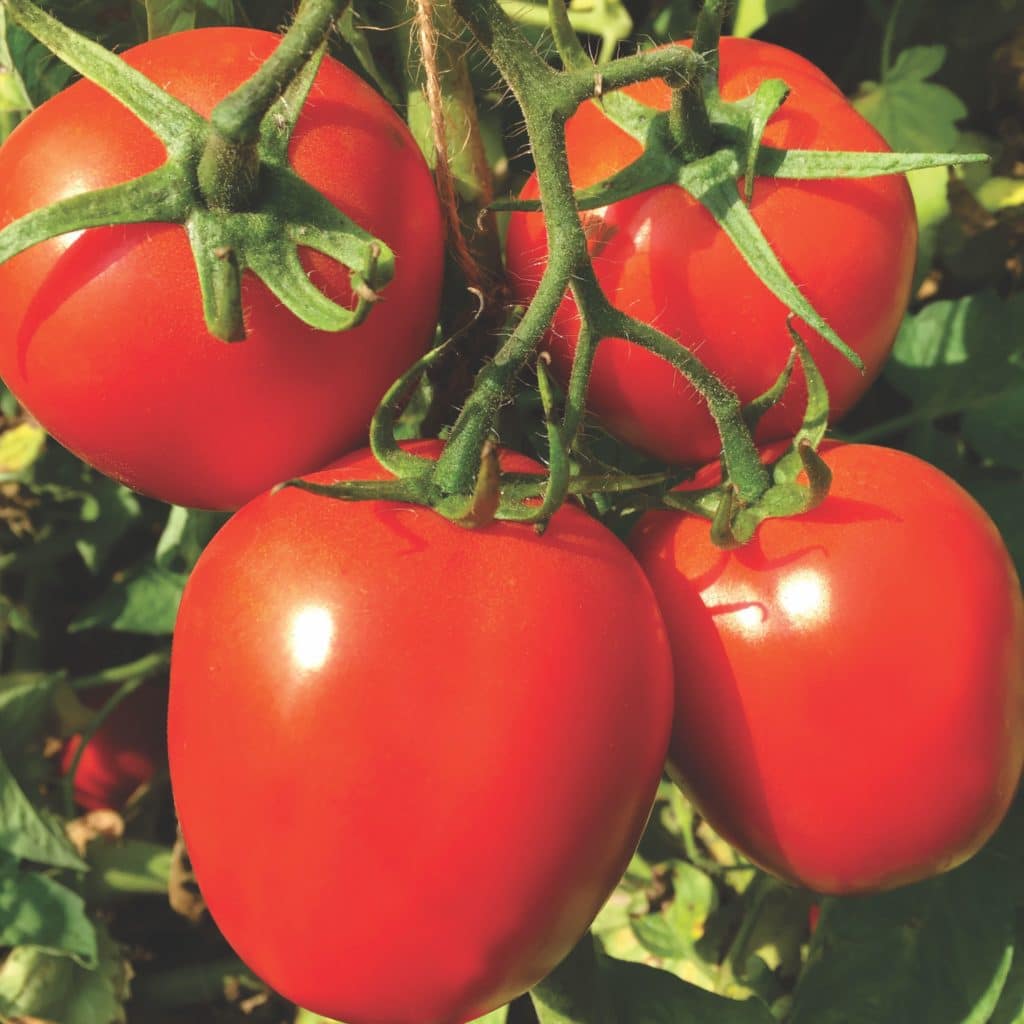
Tomato Variety Ansal
Bayer, Germany
Traditional tomatoes tend to have a relatively short shelf life, typically spoiling within a timeframe of five to seven days, that can result in food loss during transport. Bayer’s plant breeders have developed climate smart varieties and have introduced a tomato variety with a demonstrated ability to reduce food loss and contribute to carbon reduction. Ansal, grown across more than 13 countries, is a variety with great adaptability to heat stress, firm fruit, and importantly farmers benefit from its 12-14 days shelf life. These traits improve the ability to transport over long distances under ambient temperature conditions. Food loss is reduced both at the farm level and during transportation.
Wageningen University analyzed Ansal and concluded that with its double shelf life and thicker cuticles, it can be transported for long distances under ambient conditions.
The measurements showed reduction of losses in a typical postharvest chain from about 30 per cent to less than 10 per cent in the Ansal tomato. This variety also resulted in a >25 per cent reduction of GHG emissions per unit of tomato sold to consumers.
Check Out Past ’20 Most’ Winners:
The 20 Most Innovative Plant Varieties of 2020
20 Most Innovative Breeders in the European Seed Sector in 2019
20 Most Influential People in the European Seed Sector in 2018




